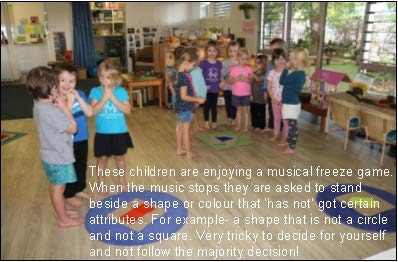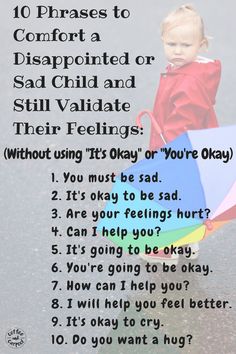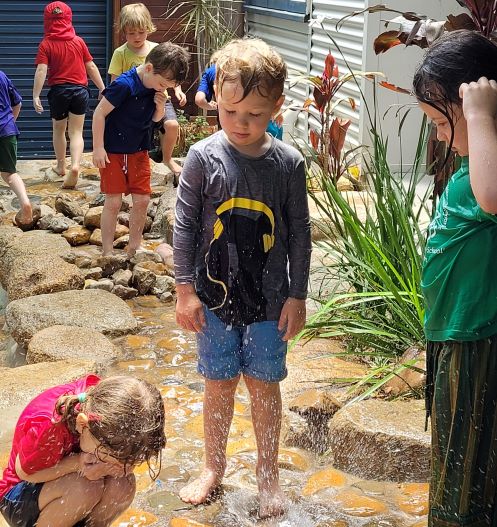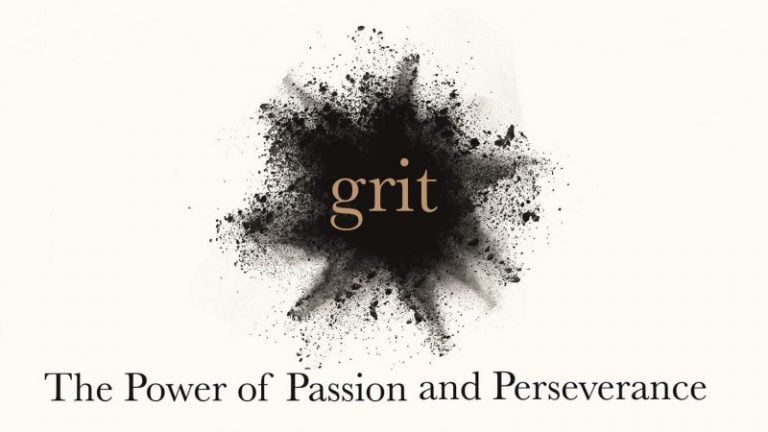
The story of the lost banner.
May 31, 2019
Executive Functioning (in a nutshell)…..
July 26, 2019Feeling disappointed is a good thing! It is real! It is sad! It provides an incredibly valuable life-experience for children to learn to move on and build their resilience. Disappointment is part of life and although seeing a very sad or mad child can either pull at the heart strings or push buttons it is an essential feeling that children need to learn to move through. Please don’t take this incredibly valuable learning opportunity away from your child. Protecting your child from hurt or failure may solve the problem (for the adult) in the short term but it clearly does not help your child learn how to experience those big feelings and move on, building their resilience slowly over time. Managing disappointment cannot be learned any other way than feeling it and working out that yes, it’s very sad and/or frustrating however these feeling will pass and the rest of my day will still be okay.
Next time your child asks you to go home for the hat they’ve forgotten or the special item they wanted to show, keep in mind the potentially exquisite learning opportunity for your child. Knowing that you are helping ‘the big picture’ development of your child will help you come up with less emotional words which will further influence your child’s next response. (E.G. “This is disappointing, isn’t it! Take some breaths to calm your body. We’ll talk this afternoon about ways you can remember to bring your hat/special item”.) Know that if you leave your child in a distressed state they are in a safe, supportive environment where their feelings will both be acknowledged, given time to work through their disappointment and help with clarifying their choices for ‘what next’.
When children are protected from experiencing negative emotions as they grow, they will not be equipped to handle disappointment when you are not there. They may feel powerless with no control over mastering how to move on and put their disappointment into perspective. The answer is not to avoid disappointment, but learn to cope with small disappointments as they arise. Protecting children from these small disappointments is the same as problem-solving four year old problems for children. When adults remove problems, disappointment and failure so children do not have to experience it, they become more vulnerable to further experiences of disappointment and failure and less resilient.
One of the greatest gifts feeling disappointed brings, is feeling natural consequences. It’s far more likely for children to independently remember their hat/special item next time.
Sometimes kindy is a child’s first group experience and the learning curve is enormous. We intentionally incorporate experiences where there’s not enough time for everyone to have a turn. This can often lead to feelings of disappointment. An example is a transition game where one child rolls the dice, counts how many dots are showing and then starting with the person beside them counts out the corresponding number of children. This means not everyone gets a turn of rolling the dice and some children have found this a challenge to accept they don’t have a turn rolling the dice this time around.
This is a meaningful opportunity for children to deal with disappointment and understand that they won’t always be able to get what they want; and move on. A valuable skill to have throughout life!
There is an enormous amount of internet information accessible including: Other words to say to your child when acknowledging their disappointment: I believe you. I see you are disappointed. I think I understand. You wish it could be different. (accessed at https://www.positiveparentingconnection.net/helpingdisappointedchildren/)
Leanne Hunter and Kim Yarnton





